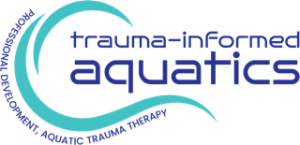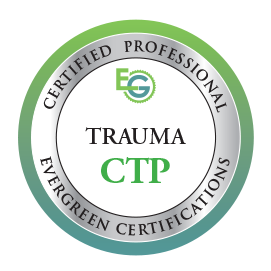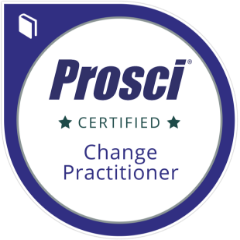 This session will explore the following concepts within the context of swim and self rescue lessons – force, toxic stress, child abuse and neglect, trauma, betrayal bonds, traumatic versus adaptive dissociation; impact on brain development, capacity to trust, attachment, other developmental factors.
This session will explore the following concepts within the context of swim and self rescue lessons – force, toxic stress, child abuse and neglect, trauma, betrayal bonds, traumatic versus adaptive dissociation; impact on brain development, capacity to trust, attachment, other developmental factors.
Drawing upon the latest neuroscientific evidence, we will explore the relevance of these concepts and definitions to our activities with infants and young children in the water.
This session will challenge you to reflect upon your own practices and beliefs and invite the opportunity for positive reinforcement, growth, and change.
We will also discuss ways in which you can address parent questions and concerns about the practices used in your swim school.
The duration of this session can be flexible to suit your needs, from a minimum time of a 60 min presentation including question/discussion time to a half-day interactive workshop comprising 2 x 90 min sessions.




